Disclosure: This article may contain affiliate links. If you decide to make a purchase, I may make a small commission at no extra cost to you.
Garlic is one of my favorite ingredients that I use on a daily basis. But to stop myself from smelling of it constantly, I have to limit myself to just a couple of cloves a day. To get more of the beneficial compound known as allicin, I take garlic supplements, but how many garlic pills should you take daily to get the most benefit? Let’s have a look!
There are countless uses for garlic and many studies have been conducted on the health benefits for the prevention and treatment of a variety of health conditions. It’s a bit of a mixed bag: some studies show that garlic is effective whereas others show it’s not.
One of the problems with the studies on garlic pills is that some of them used products with very little allicin-potential. Meaning, they didn’t actually have allicin in the capsule in a stable form but relied on a reaction to take place in the stomach. So the amount of allicin you’re getting could vary significantly depending on multiple factors.
Also, not all garlic supplements have the same dose either, so keep that in mind when deciding on how much garlic to take!
Health benefits of garlic supplements

Garlic has been used for centuries to help with both acute and chronic health conditions with varying degrees of success. While it’s not the “miracle cure” some people wished it were, it does seem to possess some significant health benefits.
Garlic may help with the following:
- High blood pressure
- Infectious disease
- High cholesterol
- High blood sugar
- Boost immune system
Below I will look at various studies and determine how many garlic pills and raw garlic is used to help for various health problems.
How much garlic is needed to lower blood pressure
One of the main reasons people take garlic supplements is to help control blood pressure. It’s been found that taking garlic every day can have comparable effects to prescribed blood pressure medications such as beta blockers, ACE inhibitors, and angiotensin II type 1 receptor antagonists.
In a meta-analysis published in 2008, researchers looked at the highest-quality studies and looked at the effect of garlic on blood pressure.
They determined that for the studies in which garlic had a positive effect and reducing both systolic and diastolic blood pressure, the garlic powder dosages ranged between 600 – 900 mg per day, which provided approximately 3.6 – 5.4 mg of allicin [1]. People who were hypertensive benefited the most from taking garlic powder supplements.
One issue noted by the researchers was the use of different types of garlic supplements. Some studies used aged garlic or heat treated garlic and this can lower the effectiveness in reducing blood pressure. They advise people to use standardized garlic extract supplements.
One way to be sure you’re getting allicin is to look at supplements which contain “Allisure.” These are supplements which contain allicin that has been stabilized by the use of a patented process. Each standard 180 mg of Allimax is equivalent of 20 cloves of garlic, so you would only need to take one per day.
The dose in the meta-analysis: 600 – 900 mg (non-standardized garlic supplements)
How much garlic is needed to prevent and treat the common cold
Garlic could be the closest thing we have currently to a natural and effective treatment for the common cold. Anecdotally, many people swear by garlic as something that helps them beat the common cold, but is there anything to the claim?
In 2001, a study was published looking at the effect of garlic on the common cold against a placebo. The results showed that garlic significantly reduced the chance of catching a cold, reduced the number of days sick if they did catch a cold, and the supplement group also recovered much faster [2].
Garlic is known to help boost the immune system, kill bacteria, and prevent viruses from infecting cells.
The dose of garlic used: 180 mg of allicin max (stabilized allicin) per day.
How much garlic is needed to lower cholesterol
The effect of garlic supplements on lowering cholesterol has been mixed. However, one meta-analysis published in 2013 looked at patients with high cholesterol (hypercholesterolemia) by reviewing 39 primary trials and found that garlic was effective at reducing total cholesterol and LDL cholesterol in individuals with total cholesterol over 200 mg/dl [3].
Another study published in 2016 confirmed that garlic does indeed lower cholesterol significantly in men and women who have high cholesterol. Males who were given raw garlic saw their total cholesterol drop from 269 mg/dl to 233 mg/dl, while females saw their cholesterol drop from 260 mg/dl to 233 mg/dl after treatment. These dramatic changes took only 90 days to occur [4].
The dose of garlic used: 3 grams of raw garlic for 90 days (7.5 to 13.5 mg of allicin).
How much garlic is needed to lower fasting glucose and HbA1C
Garlic has been studied to lower glucose in both healthy and diabetic patients with high fasting glucose and HbA1c. In one study looking at the effect of garlic on blood glucose, researchers found that combining garlic extract with metformin was more effective than taking metformin by itself in reducing fasting glucose [5].
In group 1 who were taking metformin, as expected, fasting glucose dropped from a baseline of 160.32 mg/dl to 134.97 mg/dl after 12 weeks, whereas the garlic + metformin group’s fasting glucose dropped to 121.34 mg/dl.
HbA1c (%) also dropped from 7.40 to 7.05 for the garlic + metformin group vs 7.67 to 7.45 for the metformin-only group.
The dose of garlic used: 250 mg BD (twice a day).
How much garlic is needed to boost your immune system
Both Aged garlic extract (AGE) and standard garlic extract supplements have been tested in humans to look at their effectiveness at preventing and treating infections as well as boosting the immune system.
In one double-blind, placebo-controlled study involving 120 healthy participants, researchers found that people taking 2.56 grams of AGE per day for 90 days did not show any benefits in reducing the number of colds or flu, but they did see a reduction in the severity of symptoms and a reduction in the number of missed days at school and work.
They saw that two types of immune cells, Natural killer cells, and innate lymphocytes, proliferated better and were more activated than the placebo group cells [6].
As mentioned earlier, garlic extract containing allicin was able to significantly reduce the number of infections with the common cold, indicating that perhaps allicin is the main ingredient in garlic that is responsible for its anti-viral effects. Studies have also shown that allicin does indeed have significant effects related to immunomodulation.
Allicin-containing supplement may be more effective than AGE supplements at preventing cold and flu.
AGE dose used for cold/flu study: 2.56 grams per day.
Allicin (stabilized garlic extract) – Common cold study: 180 mg per day
Conclusion
The problem with determining the correct dose of garlic for different health reasons is the types of garlic supplements used. Since allicin is unstable, commercial supplements containing stabilized allicin have only been available for under 20 years and studies date further back than this.
Also, many people buy garlic supplements that have very little potential to produce any significant amounts of allicin once ingested.
Based on the data reviewed here, the one garlic pill daily (180 mg of allisure) should be sufficient enough to reproduce many of the beneficial effects of garlic found in these studies. Check out the list of garlic pills I’ve reviewed, as they contain allicin and do not rely on the conversion of alliin to allicin in the body.
Garlic is thought to be helpful for many conditions besides the ones mentioned here, but due to the lack of data and high-quality double-blind, placebo-controlled trials, it’s difficult to determine how much garlic is most effective.
References
1. Karin Ried, Oliver R Frank, Nigel P Stocks, Peter Fakler, and Thomas Sullivan
Effect of garlic on blood pressure: A systematic review and meta-analysis
BMC Cardiovasc Disord. 2008; 8: 13.
2. Josling P. Preventing the common cold with a garlic supplement: a double-blind, placebo-controlled survey.
Adv Ther. 2001 Jul-Aug;18(4):189-93.
3. Karin Ried Catherine Toben Peter Fakler
Effect of garlic on serum lipids: an updated meta-analysis
Nutrition Reviews, Volume 71, Issue 5, 1 May 2013, Pages 282–299,
4. Preety Lachhiramka, Sujay Patil
Cholesterol-lowering property of garlic (Allium sativum) on patients with hypercholesterolemia
Int J Med Sci Public Health. 2016; 5(11)
5. Kumar R, Chhatwal S, Arora S, Sharma S, Singh J, Singh N, Bhandari V, Khurana A.
Antihyperglycemic, antihyperlipidemic, anti-inflammatory and adenosine deaminase- lowering effects of garlic in patients with type 2 diabetes mellitus with obesity.
Diabetes Metab Syndr Obes. 2013;6:49-56
6. Percival SS1.
Aged Garlic Extract Modifies Human Immunity.
J Nutr. 2016 Feb;146(2):433S-436S.
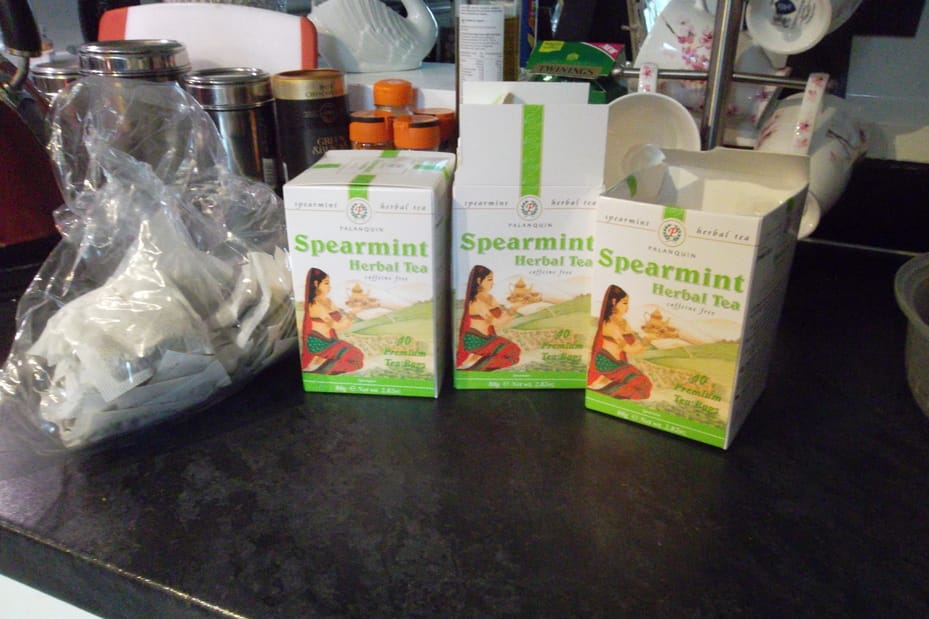


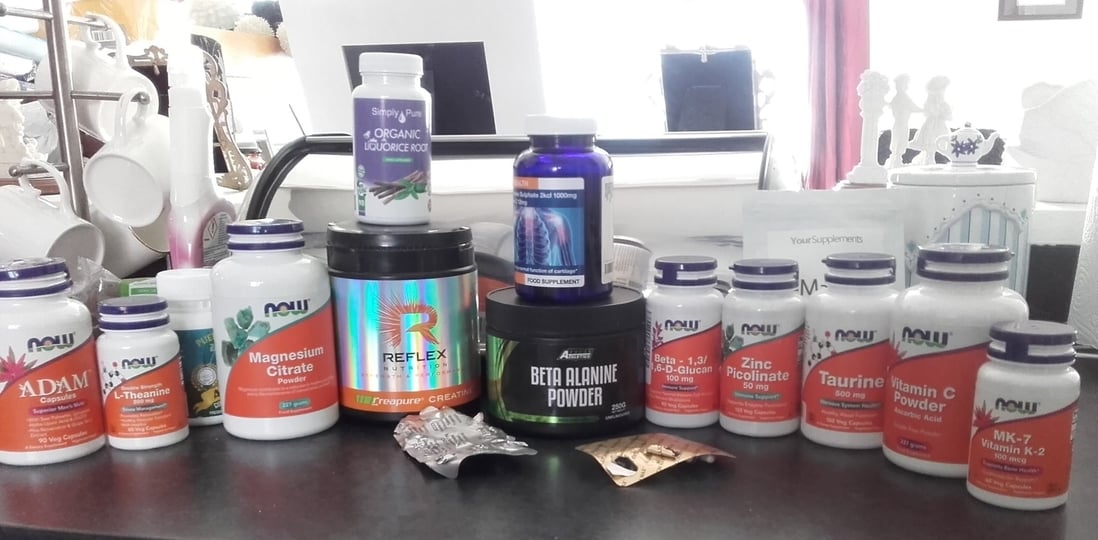
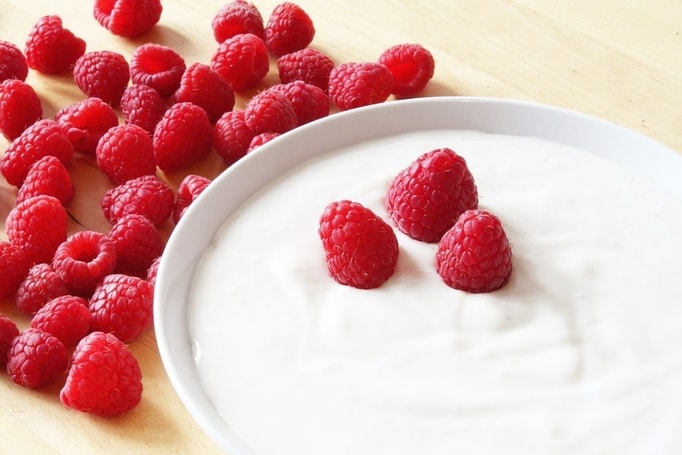

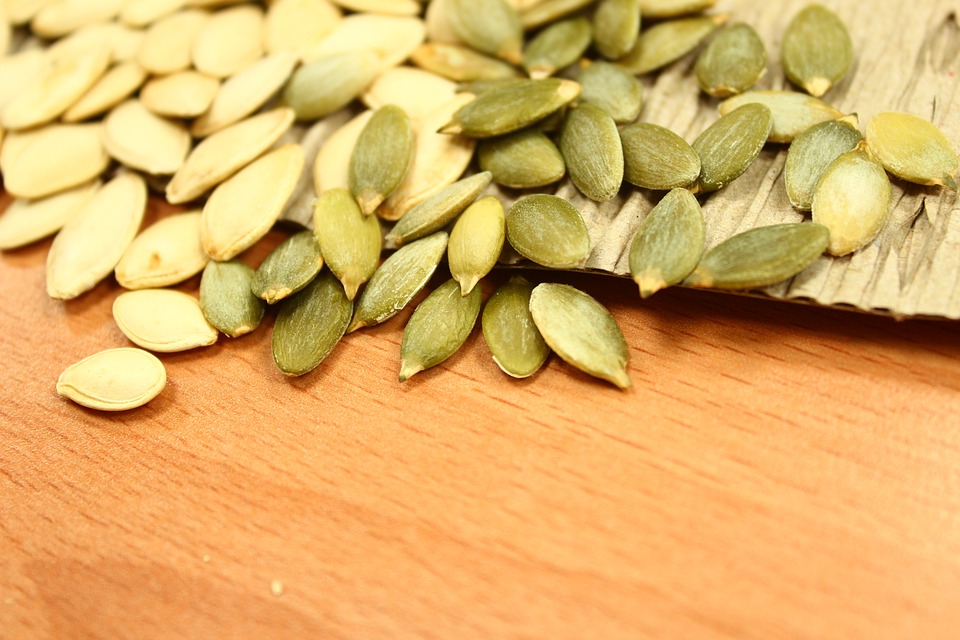

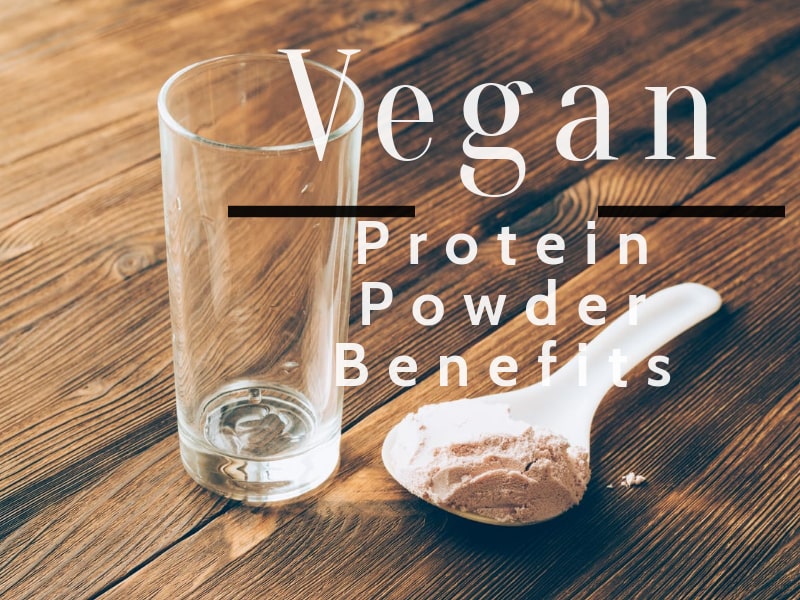

Amazing Herb 😉